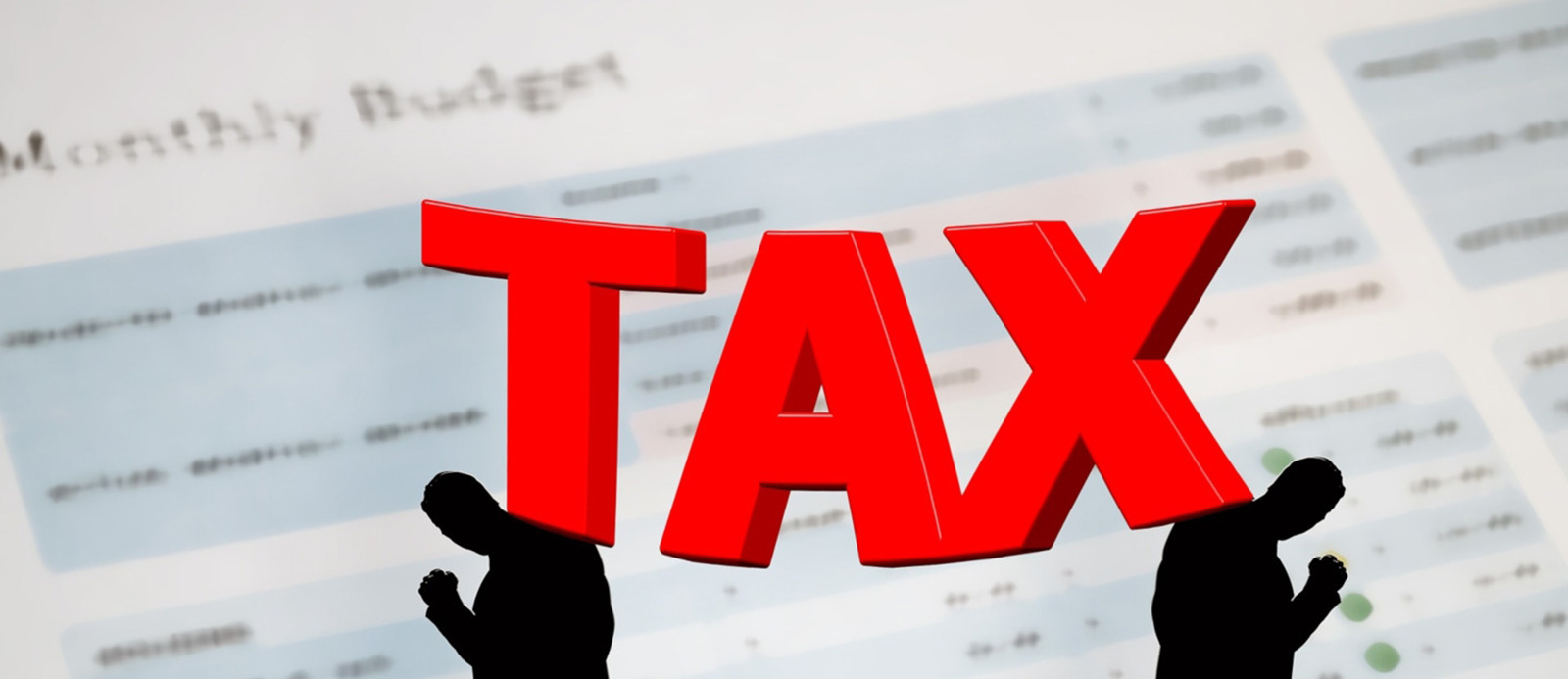
Cesses and Surcharges: Concept, Practice and Reform
An analysis of the legal and constitutional issues pertaining to cesses and surcharges
The Union Government is empowered to raise revenue through a range of levies knows as tax, fee, cess and surcharge. Cess means a tax that is imposed for an earmarked purpose and the proceeds collected have to be used for that earmarked purpose only. Surcharge is a tax on tax which is not imposed for any specific purpose and it is the discretion of the Union government to utilize the proceeds of surcharges for whichever purpose it deems fit. The levy of cess and surcharge is becoming increasingly important source of revenue for the Union Government.
One of the primary reasons for such an increase in the discretion of the Union Government to retain these sources of revenue, is that they do not form part of a divisible pool to be shared with the states.
In view of the above, the report first explains how Union Government’s tax revenue has been historically distributed and shared with State Governments. It then studies the concept of tax, cess, fees and surcharge. The report identifies and discusses legal and constitutional issues pertaining to cess and surcharges and suggests a way forward which is both principled and pragmatic.
With respect to cesses, the report recommends that the cesses shall not be imposed for a longer duration, the purpose of levying a cess should be narrow and the periodic review of revenue collected from cess shall be made to check any underutilization or misutilization of the revenue collected. With respect to surcharge, the report recommends that the income tax rates should be rationalised, instead of using surcharge as a proxy for a progressive tax to impose additional burden on relatively richer taxpayers.






